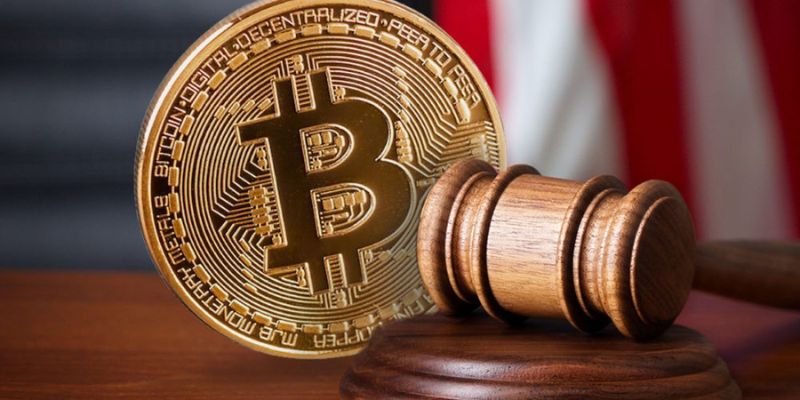British Lawmakers To Grant Authorities Power To Seize Crypto Assets
The UK parliament has voted in favor of an amendment to the nation’s economic sanctions bill to include cryptocurrencies. The bill will allow law enforcement to seize, freeze and recover crypto-assets linked to criminal activities.
Lawmakers in the British parliament have voted on a bill that will grant authorities the power to seize crypto assets linked to crimes. The ‘Economic Crime and Corporate Transparency Bill’ that was first introduced to the parliament in September, will make it quick and easier for the UK’s law enforcement to seize, freeze, and recover digital assets like cryptocurrencies when used for criminal activities such as money laundering, drugs and cybercrime.
The bill designed by the United Kingdom’s Home Office, Department for Business, Energy and Industrial Strategy, Serious Fraud Office and Treasury is an amendment to the Economic Crime Act, which was used by the British government to impose economic sanctions on Russia for the invasion of Ukraine. The sanction allowed authorities to seize assets from individuals with links to the Russian government who reside in the UK. In August, the treasury department made updates to the bill to include cryptocurrencies. A provision made by the treasury department ordered crypto service providers that suspect illegal on-chain activity to freeze funds and report to the Office of Financial Sanctions Implementation (OFSI) – an authority within the Treasury.

“Domestic and international criminals for years laundered the proceeds of their crime and corruption by abusing UK company structures, and are increasingly using cryptocurrencies. These reforms – long awaited and much welcomed – will help us crack down on both,” said Graeme Biggar, Director General of the National Crime Agency.
The bill will also make it an offense to assault or resist an accredited financial investigator from trying to seize crypto assets. The parliament also accepted an amendment made to the Civil Jurisdiction and Judgments Act of 1982 which will now allow courts across the kingdom to order law enforcement to seize and freeze crypto assets linked to crime, and for the assets to not be released until legal proceedings are completed.
UK’s National Police Chiefs’ Council (NPCC) had strategically placed crypto advisers in police departments across the nation to help with investigating and seizing digital assets. Last July, London’s Metropolitan Police seized cryptocurrencies worth $350 million that was linked to an international money laundering operation.
Also Read Celo Partners With Ethereum ‘Merge’ Engineer ConsenSys To Improve Interoperability
After the United States and European Union, the United Kingdom becomes the latest western government to specifically include cryptocurrencies in its rules for imposing economic sanctions. In November, the UK government asked its Law Commission to study the functioning of decentralized autonomous organizations (DAO) – a community of developers and investors that make decisions regarding blockchain-based projects like cryptocurrencies and NFTs. The commission was asked to conduct a probe on how to bring the crypto governance bodies under the nation’s laws. In September, the House of Commons – Britain’s lower house of parliament – voted in favor of the ‘Financial Services and Markets Bill’ that will consider digital assets such as cryptocurrencies and non-fungible tokens (NFT) as regulated financial instruments.
The Economic Crime and Corporate Transparency Bill has to pass the House of Commons and go through to the House of Lords, Britain’s upper parliament, after which it goes to the desk of King Charles III who will sign it into law.
Also Read Magic Eden Is Taking Steps Into Blockchain Gaming With Polygon